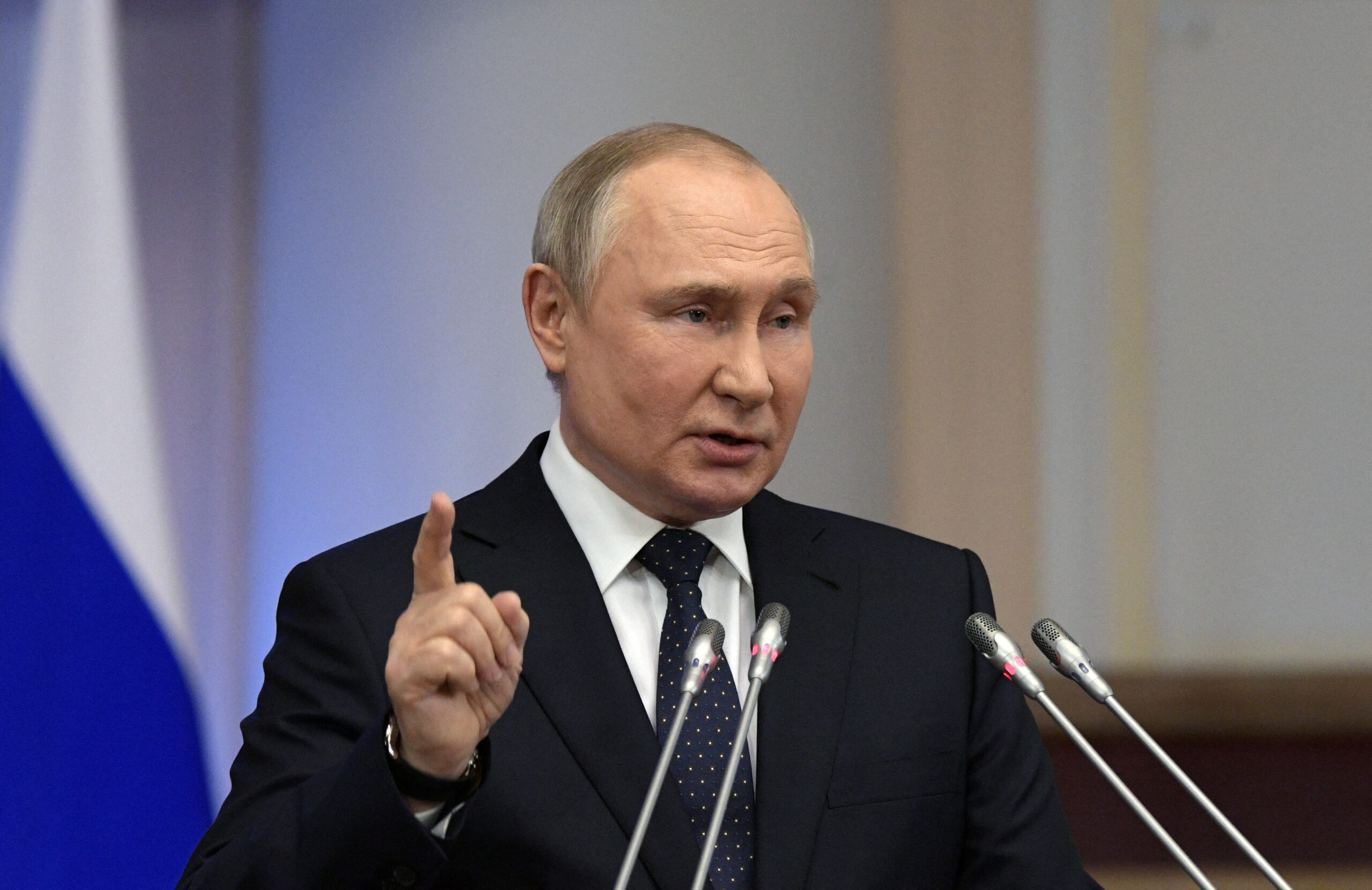Russian President Vladimir Putin has signed a bill banning payments with digital financial assets. The bill obliges exchange operators to refuse to treat as “monetary agents” transactions that facilitate the use of DFA, a legal category currently dealing with cryptocurrencies.
Russian President Vladimir Putin has signed legislation directly restricting the use of digital financial assets (DFAs) as a means of payment in his country, the crypto page of the RBC business news portal reports. The ban also applies to UDRs (Utility Digital Rights).
Although Russia does not yet comprehensively regulate cryptocurrencies, two legal terms were introduced in the “Law on Digital Financial Assets”, which came into force in January 2021. Russian officials have stated in the past that DFA covers cryptocurrencies, while UDR covers a variety of tokens. This fall, Russian lawmakers will review a new bill “on digital currency” designed to fill a regulatory gap.
The bill, which is currently approved by the Russian head of state, was submitted by Anatoly Aksakov, chairman of the Financial Markets Committee, to the State Duma, the lower house of the Russian Parliament, on June 7, and was adopted a month later. So far, Russian law has not explicitly banned payments through digital assets, but “proxy currencies” are banned and the ruble is recognized as the only fiat currency.


